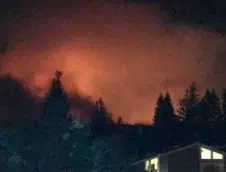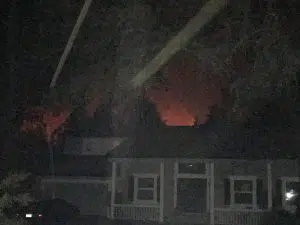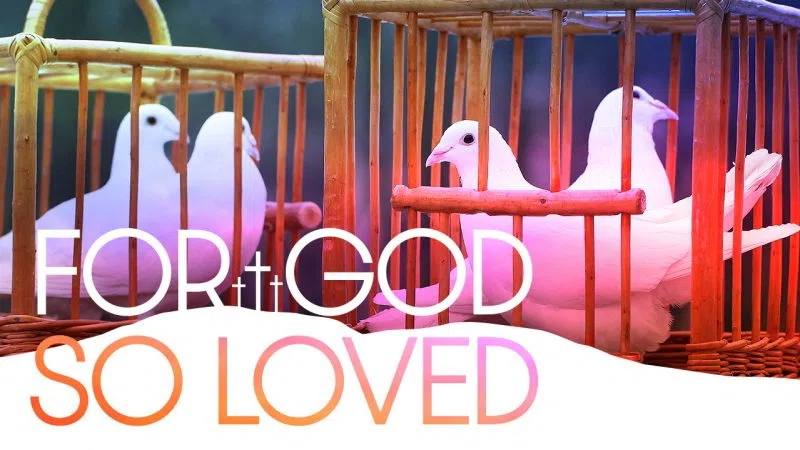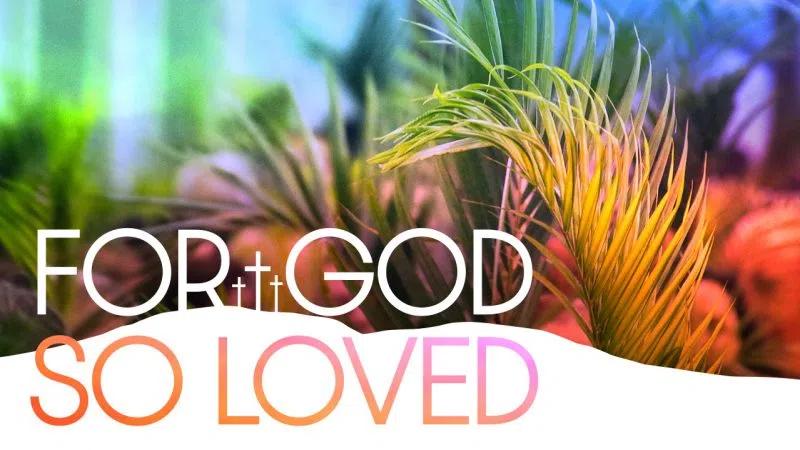by Michelle Ule
 Carrying a laundry basket full of photo albums, I paused in the glow of my flashlight at two o’clock in the morning and thought, “I’m so grateful my writing life is backed up offsite.”
Carrying a laundry basket full of photo albums, I paused in the glow of my flashlight at two o’clock in the morning and thought, “I’m so grateful my writing life is backed up offsite.”
The 2017 Sonoma County Tubbs fire raged five blocks north and angry red smoke lighted the sky behind the hills. As I hauled important things to the car preparing to evacuate, I paused a moment to be thankful.
They were simple things, but focusing on thanks helped.
The kitten was in her cage in the car, ready to go. Our son had room for the whole family at his house. We had time to get there. (Or so I thought).
I returned to the house for another load.
The dictionary defines gratitude as, “the quality of being thankful; readiness to show appreciation for and to return kindness.”
Here are eight truths I’ve learned in the last year about gratitude and thankfulness from a natural disaster.
Given the opportunity in a crisis, more people rise to the occasion than fail us.
As it turned out, we left home dangerously late. It usually takes me 15 minutes to walk the mile from my house to the main artery, Highway 12. On that night, my husband headed east and I drove west to the end of the street, paused, and turned on my blinker. Line after line of cars headed south to Highway 12, their headlights the only light. A driver made room for me to ease into a dangerous traffic jam. I didn’t know the fire was so close—news had been hard to find. But order reigned, drivers were kind, no one seemed frantic. However, we inched down the road practically on each other’s bumpers—desperate to put as much space between us and the fires seeping down the hills behind. The evacuated radio station went off the air; the eerie silence left me alone with my racing thoughts. It took me an hour to reach Highway 12, but no one honked, no one shouted. I arrived at my son’s house an hour after my frantic husband.
Gratitude can sweep away fear.
My brother started calling and texting as soon as the sun rose. “The house at the beach is open. Go.” Things were so uncertain that first day, I demurred. Surely we’d be home that night? 400 miles away, he had more information than I did. “Get the kids out of the smoke. Go to the beach.” The beach house he’d been renovating for years was 60 miles away. We were six adults, five children, three cats and a dog. I thanked him, but no. When the fires blew up just east of my son’s house on day two, we were thankful for my brother’s offer. We knew we had another place to go if forced to evacuate again. So, we didn’t worry about what we would do. Fear didn’t control our decision that second day. All I could say then, and I continue to say to my brother and his family, is “Thank you. Your generosity made a difference in our life.”
Gratitude can soothe emotions
The eastern fires turned and threatened my son’s house. When the police drove up the street with bullhorns to order us out, my ten year-old grandson turned with fear in his eyes. “Where are we going to go?” His grandfather had a simple answer: “To uncle’s house at the beach.” “Really? We can go to the beach?” The grandchildren loved that beach. “Aren’t you glad he said we could come?” “Yes!” our cub scout shouted and ran to tell his sisters and cousins. “We get to go to the beach!” Worried lines cleared their foreheads and they shouted, “Yeah! We were so thankful we had that option and the grateful children’s fear relaxed.
Small things are just as important as large
Emotionally depleted and physically exhausted, we drove in sober silence to the beach house. My brother had called ahead. When we stumbled into the house, we discovered his neighbors had left dinner. They’d put milk in the refrigerator, bread on the counter and fruit in a bowl. We didn’t have to think about food or where to find it that first confusing night. “I’m sorry we left the outdoor cushions on the living room floor,” my sister-in-law texted. “We’re thankful you did,” I wrote back. “The children went right to them and immediately fell asleep.” We were so grateful for those cushions—which doubled that week as ships, slides, houses, beds and other games for five imaginative children.
Our gratitude can bless others.
The children drew pictures and wrote thank you notes to the neighbors, especially to the one who brought a delicious cake the day after we arrived. The neighbor stopped me the day we left with tears in her eyes. “I’ve never received a more beautiful thank you note. Tell the children thank you from me.”
Simple things can bring you to tears of thankfulness
You don’t realize the importance of small things like a junk drawer until you don’t have one. “It’s maddening to need a paperclip or tape and not have it anymore,” Karen said one day in frustration. Another woman heard her, went home and took items out of her junk drawer. She placed them in a cardboard box and brought them to Karen. Karen laughed with tearful eyes. “Thank you. I’ll never forget this. I own paperclips again.”
People are more important than things
You already know this one. When we count up the losses in our community from the fires, it’s not the houses we miss or the possessions—it’s the dear friends who have moved away because they could not rebuild. We have holes in our “normal” life now after the fire. Too many people are missing. But I’m grateful for those friendships and the positive effect they’ve had on my life. And when friends come back to visit, we hug them close.
“Love you”
Crises bring our emotions to the surface and remind us what is truly important. Over the last year, I’ve been ending my phone conversations with a simple, “love you.” This year has taught me how thankful I am for the friendships and people who have loved me for so many years. “Love you,” is just another way of saying, “thank you for blessing me.”
Count your blessings
Thanksgiving has always been a favorite time of year in my family. After a natural disaster, however, it became even more important. There’s so much in our lives to be thankful for—whether it’s trips to the beach, loving our friends and family or just something as silly as a junk drawer. Here in Sonoma County, we’re far more conscious of each other and of gratitude these days. We really do have much to be thankful for So count your blessings. I bet you’ve got plenty to be thankful for, too.
 Michelle Ule is the author of nine inspirational books, including the recent WWI coming-of-age novel A Poppy in Remembrance, and the biography Mrs. Oswald Chambers. You can learn more about her at www.michelleule.com.
Michelle Ule is the author of nine inspirational books, including the recent WWI coming-of-age novel A Poppy in Remembrance, and the biography Mrs. Oswald Chambers. You can learn more about her at www.michelleule.com.











